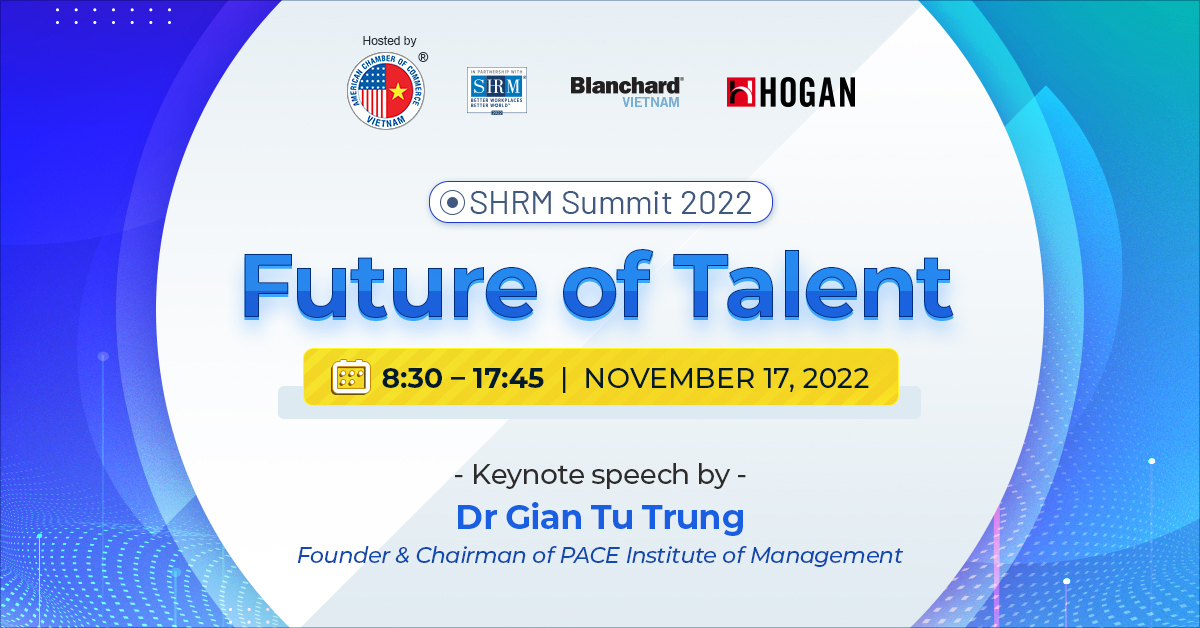WHY FEEDBACKS FROM BOSS OR CO-WORKER ARE NOT “ALWAYS” EFFECTIVE?
As mentioned in a survey conducted by Snap Surveys, feedback is defined as “helpful information or criticism about prior action or behaviour from an individual, communicated to another individual (or a group) who can use that information to adjust and improve current and future actions and behaviours.” The survey found that positive and negative feedbacks are both useful and helpful for employees. It can be a piece of information used to make important decision. As important as employee’s presence, feedback can also encourage an effective listening, motivate employees, improve performance, and be a tool for continued learning, as well as strengthen engagement in workplace.
Office of Personnel Management (OPM) suggested that feedback given effectively and timely is critical for successful performance of a management program. This means that a specific feedback works best when relates to specific goals, such that it would help improve employees performance.

Then the question remains, why does feedback not as effective as it seems?

Another question pops-up, what can organisation do about it?
1. while delivering negative feedback to your employee, you should still emphasise the value of the organisation, and
2. you should know “the only” good time to give feedback is not during a performance review, but when new employee starts. It is right before they have solid grasp of their job.
Likewise, Tim Hast, principle of Encore Life Skills LLC in Edmond, suggested that your employee’s evaluation should be timely, honest, and respectful. Additionally, to avoid getting negative response from employees, “you should not ambush subordinates in hallway or grab them as they are leaving. Be respectful. Schedule a time to meet in private, end on a positive note and express confidence employees will comply.” In the end, employees feedback performance should have follow up to make employees up-to-date with manager’s expectation and what is really happening in workplace.
SOURCE: HRINASIA
|
Training Program
 Internationalize the human resource management capabilities of HR professionals in Vietnam
|










